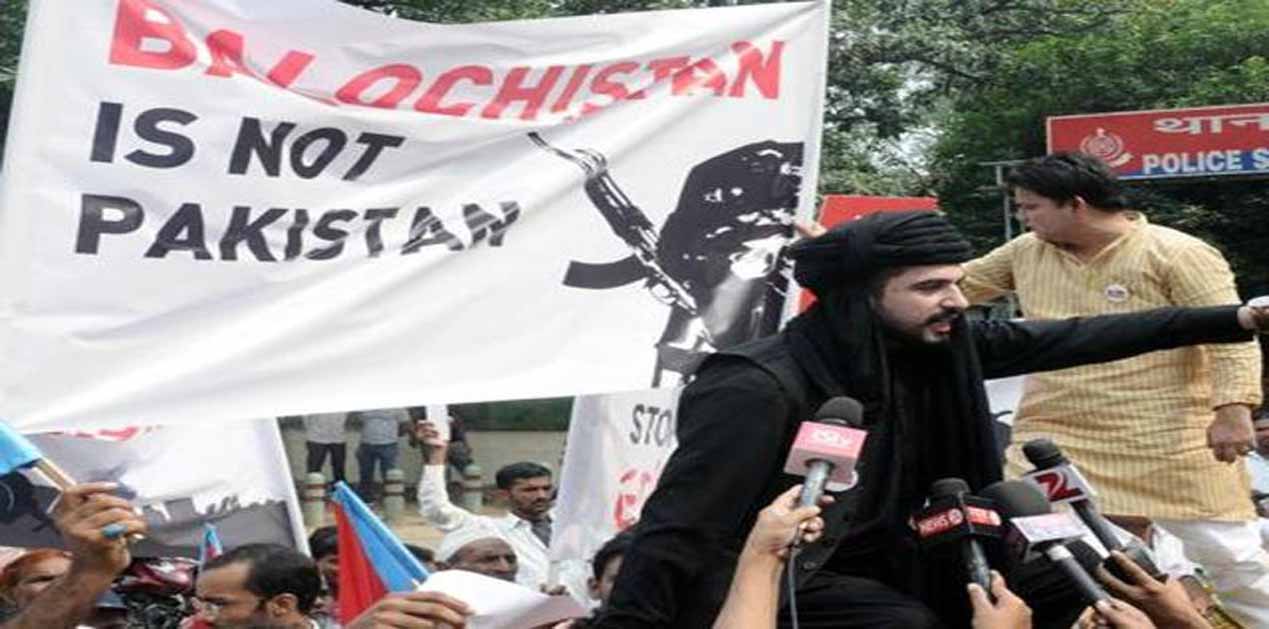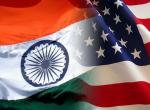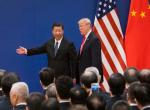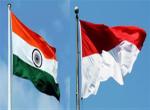William Shakespeare had said, “Uneasy lies the head that wears the crown”. Amidst jubilations, Prime Minister Narendra Modi will be sworn to bear his onerous responsibility for another five years. Since he has returned with full majority, a feat repeated after a gap of 48 years, India and the world looks up to him for decisive leadership. The first 100 days would be critical when the tentative tracks of his policies will be drawn. India’s Pakistan policy will be one such course that would have to be laid with great caution.
Despite the long saga of over 70 years several endeavours to harmonise India-Pakistan relations have eventually landed up in blind alleys. Prime Minister Modi’s first term was no different. So, is there any hope for ringing the curtains down on the prevailing acrimony between India and Pakistan? Nobel laureate Niels Bohr had remarked that ‘every great and deep difficulty bears in itself its solutions. It forces us to change our thinking in order to find it’. With a strong Prime Minister back at the helm, this may be the fitting moment to change the tack of India’s Pakistan policy.
Pakistan’s policy on India has been driven primarily by ideology rather than insecurities. State sponsored terrorism launched against India is the way Pakistan seeks to keep India unsettled and deny her the opportunity to emerge as a regional leader. So, one tends to agree with Christine Faire that making territorial concessions on Kashmir will only aggravate Pakistan’s revisionism instead of tempering it. Pakistan will never want status-quo in pursuit of its prestige and religious ideology. Hence, it will always volunteer as proxy against India. As long as Pakistan remains geo-strategically relevant, it will be vital for powers like China to keep India bottled up in South Asia. Pakistan also strives hard to ensure that India’s relations with its neighbours remain sour. Every tool of criminal conspiracy and coercion has been used by its Inter-Services Intelligence (ISI) to target India. Concomitantly, it also talks of peace to gain a moral high ground. It will be naïve to expect peace between India and Pakistan till the time the narratives for Pakistan’s foreign and security policies are steered by the ISI and the Army.
Pakistan’s Army uses ideology to achieve national coherence and justifies endless conflict with ‘Hindu’ India. Even if such attitude erodes Pakistan’s legitimacy as a state, it is unlikely to give up its revisionist outlook. In this backdrop, neither can amity be socially constructed between people of the two countries, nor can it be spawned through economic engagements. The only possible option available to make Pakistan relent to normative principles of international behaviour is the realist approach. To that end, what are the options available before India? Panacea for the ending conspiracy and terrorism sponsored by Pakistan lie in managing this security competition.
India’s strategic culture has the bandwidth to address such a situation. Kautilya’s Arthashastra distinguishes states into three categories: strong, equal and weak. Kautilya proposes peace with the first two and advices war against the weak and unrighteous adversary. Manusmriti is an ancient legal text amongst Dharmashatras (religious laws) that was translated by Sir William Jones for formulating Hindu Laws during the British colonisation. Manusmriti too has identified Vigraha (war) as one of the six policies of statecraft. Vigraha refers to two-fold approaches: one that is undertaken by self against an adversary and second by helping an ally to counter a challenger. Till the narrative of Pakistan’s foreign policy is written by the ISI or the Army, it will remain adversarial against India. So, India is compelled to respond with in self-defence. The two-fold approach of Manusmriti is the most optimal way forward to make the hostile state of Pakistan see reason.
Outright war is not the solution, neither can a large country of 200 million Pakistanis be destabilised only through covert actions of Indian intelligence agencies. India does not have too much economic leverage with Pakistan nor can its diplomatic isolation be pushed beyond a point. The solution lies in the two-fold approach.
First, large sections of people in Pakistan are disillusioned by elitism of the polity and the Army. They are able to see through the oft quoted conspiracy theories that put the blame for the failure of liberal order within the state of Pakistan on exogenous factors. Hence, the existing fault-lines continue to widen and merge with others against the ruling establishment. Ethnic groups like the Sindhis, Saraikis, the Baloch, Pashtuns and Ahmadiyyas have enough incentives to revolt against the state. If the powers within Pakistan do not wish to change their foreign and security policy towards India at this juncture of Prime Minister’s astounding victory, India has the options to leverage these fault-lines within Pakistan.
Second, Pakistan’s neighbours have been victim of the existing anarchy within the state that legitimises Islamic extremism and ethnic discrimination. There is large population abroad that share cultural bonds with the embattled ethnic communities based in Pakistani soil. 70 years of permanent neglect has set in a sense of secessionist separatism. Pashtun scholars, media and extremists staying in Pakistan (32 million), Afghanistan (14 million), Iran (110,000), the US (138,550), Russia (10,000) have started to mobilise against the state. Similarly, grouse exist within the Baloch community staying in Pakistan (7 million), Iran (2 million), Oman (513,000), UAE (468,000), Afghanistan (100,000), Turkmenistan (100,000), and Saudi Arabia (16,000).
Prime Minister Modi had succeeded in diverting the world narrative from Kashmir to terrorism. Diplomatic and economic strangulation were put to great effect. Thereafter, befitting replies were given against terror attacks through ‘surgical strikes’. Surgical strikes have not only managed to call Pakistan’s nuclear bluff, but it has also recalibrated the strategic balance in South Asia. There have been many firsts in India’s security and foreign policy. But, these have not managed to break the resolve of Pakistani Army and ISI. The next government needs to take it forward from here by mounting more pressure and devising a well-orchestrated plan against Pakistan. The two-fold approach has to be pursued till a point where the Army-ISI start to relent. Peace talks should remain suspended till the Army-ISI are calling the shots in Pakistan.
George Bernard Shaw once said that Napoleon was a great emperor, but it would have been better for human race if he had never been born. Same is perhaps true about Pakistan. It is time to bring this odious story to an end, once for all.
Image Source: https://www.hindustantimes.com/rf/image_size_640x362/HT/p2/2016/11/23/Pictures/prominent-filmmaker-violation-september-balochistan-september-pakistani_85639dbc-b164-11e6-a9a7-656025b680d0.jpg










Post new comment